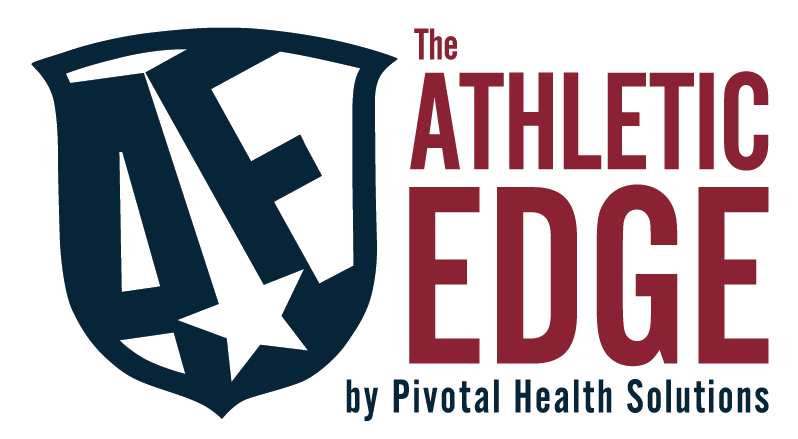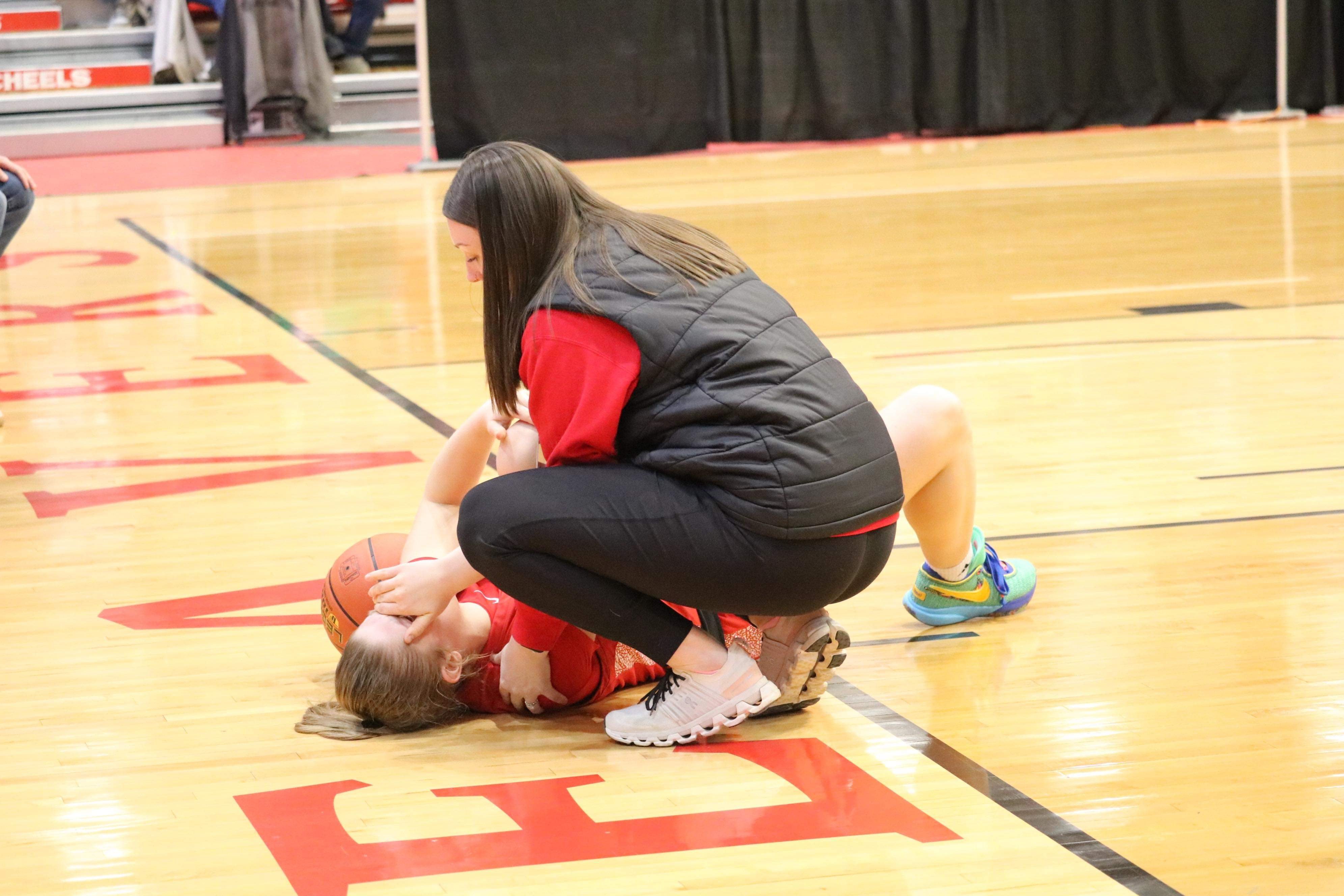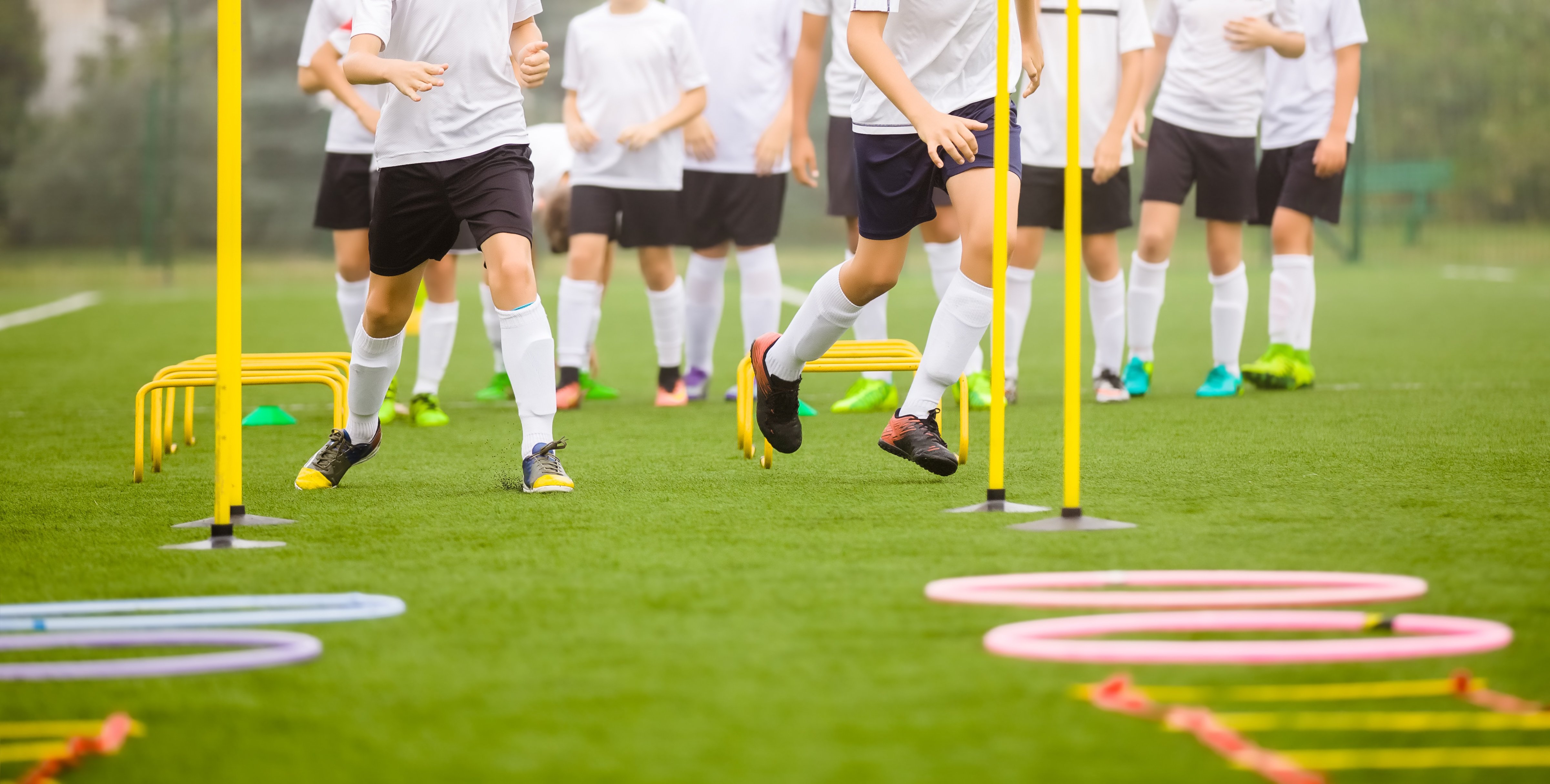New Mental Health Guidelines for Young Athletes
Playing sports can not only take a toll on an athlete's physical health, but also his or her mental health. The National Athletic Trainers' Association is putting a spotlight on mental health issues in young athletes--from anxiety and depression to eating disorders and drug/alcohol abuse. As athletic trainers, we're there at the frontlines, and it's our role to spot risky behaviors and refer our players so they can get help. This article from USA Today features the recently released guidelines.
 Concussions now command attention across sports, but the same type of response has not been provided to young athletes when theyface mental health issues such as anxiety, depression, eating disorders, drug and alcohol abuse and more.
Concussions now command attention across sports, but the same type of response has not been provided to young athletes when theyface mental health issues such as anxiety, depression, eating disorders, drug and alcohol abuse and more.
New guidelines released Monday are aimed at closing the response gap. The recommendations were announced at the Sixth Youth Sports Safety Summit in Dallas, hosted by the National Athletic Trainers’ Association and the Youth Sports Safety Alliance, comprised of more than 200 organizations. They also were published in the Journal of Athletic Training. NATA’s scientific publication.
“We are at the point in our understanding and management of psychological concerns in our athletes where we were 10 of 15 years ago with concussions,” said Timothy Neal, chair of a task force that wrote recommendations for high schools on how to recognize such issues and help student-athletes get treatment.
Neal said mental health issues can be taken too lightly, just as concussions once were dismissed as “getting your bell rung” and athletes were expected to shrug them off.
“A lot of people stigmatize mental health issues and say, ‘Oh, the person is just soft. The person needs to toughen up.’ Well, the person making that statement has not really been affected by it because if you’ve actually seen it and had to deal with it, then it becomes a big deal,” said Neal, former head athletic trainer at Syracuse University. “And unfortunately parents are afraid of having their child stigmatized as having a mental health issue for fear that if a coach on the collegiate level hears about it that may sour them on a potential scholarship. … It gets back to not understanding.’’
Neal, who spent 35 years at Syracuse as a trainer and later assistant athletic director for sports medicine before going into consulting, said his experience gave him an understanding of the prevalence of mental health concerns.
“I know from my own experience and dozens of my friends in this profession will tell you they have four to five times more student-athletes either seeking or in mental health care than the numbers of people receiving care for concussions every year,” said Neal.
The guidelines are aimed at the school health care team, including athletic trainers, school nurses, counselors and administrators. The 10 recommendations encourage schools to have a plan that focuses on education, early recognition of potential problem and effective referral to the mental health system to help student-athletes along with a plan for to recognize and address potential crisis situations.
Athletic trainers have a special role.
“They’re at the epicenter of care for athletes, period, and they’re the ones with the student day in and day out,” said Neal. “They understand the behaviors of these athletes.”
He stressed it’s not the role of the athletic trainer to diagnose mental illness. He said that if they suspect “psychological concerns’’ it’s their job to work with nurses and counselors in referring the student-athlete to a mental health care professional.
Neal cited circumstances that can heighten risks:
- Bullying and hazing: Neal said that for a young athlete already prone to anxiety or depression it could be a triggering mechanism.
- Year-round sports: “You take adolescents and they already have their own unique stressors just being an adolescent … Then you add in stressors of year-round participation. …. Those reduce recovery time and affect their sleep. … People who are more prone to psychological concerns are at greater risk.”
- Injuries: “All of a sudden their identity is threatened because they’re injured and they’re out. They’re not part of the team. … Dealing with the psychological component of day in and day out rehab is very wearing.”
Neal said one key is to educate them about counseling.
“They think that counseling is some voodoo thing, which it isn’t,” he said.
“It helps diagnose what’s going on with you. …. It helps teach you the triggers that set off you condition. … They talk to you about developing coping mechanisms, so you normalize your life. … They hear that and they say, “I want to go talk to this person.’ ’’



.webp)


